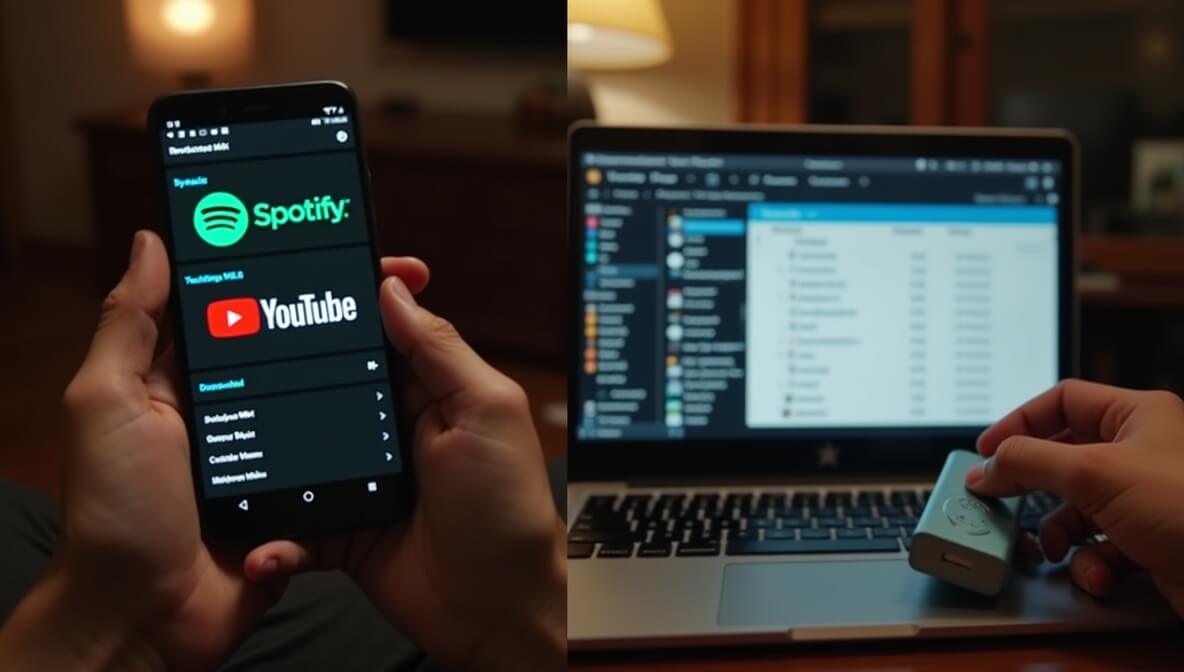July 30, 2025

While streaming services like Spotify and YouTube dominate the music landscape, a significant number of people still choose to download music. This might seem counterintuitive in an age where millions of songs are accessible at a moment's notice, but several compelling reasons explain this enduring behavior.
Stay up to date with the latest tips, expert insights, product reviews, and step-by-step guides to help you grow, create, and succeed—no matter your industry or passion.